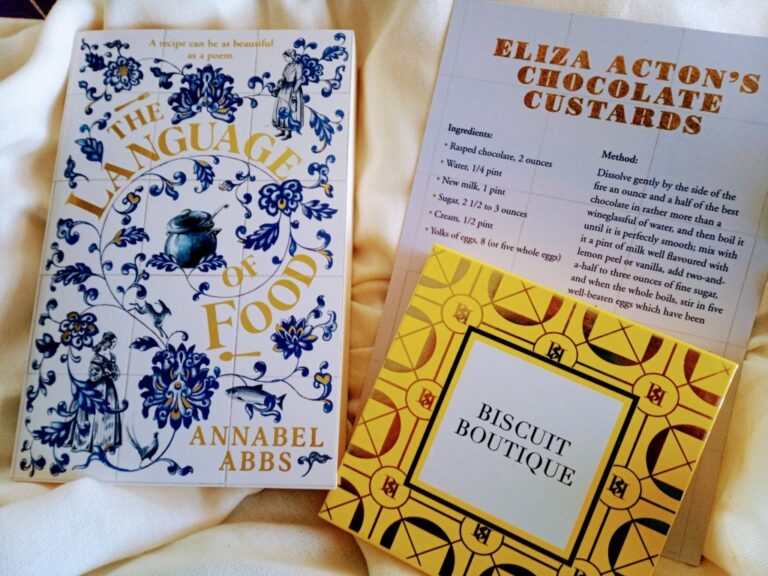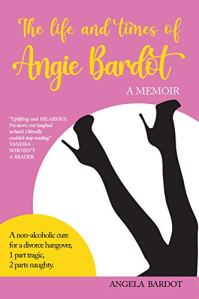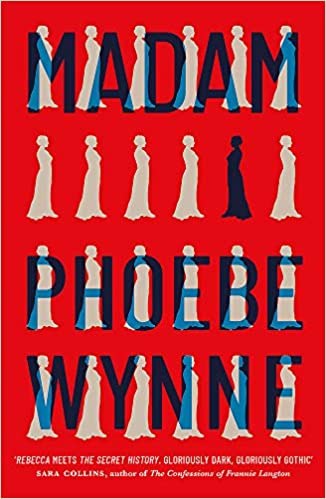
Today’s post is by book coach, author and librarian Kate Stewart.
One of the best pieces of advice for writers is to read as widely as possible, especially in your genre. For centuries, public libraries have made that goal for writers not just possible, but affordable.
Beyond books, most public libraries offer additional services incredibly helpful to writers. Getting familiar with online and in-person library resources, free with your library card, can take your writing and research skills to the next level. Most large public library systems offer the following services. Even if you live in a small town or rural library with limited resources, you still may be able to take advantage of offerings from nearby large systems that participate in regional consortiums.
Research databases
Libraries subscribe to a wide array of research databases that can help you find background material for your nonfiction book or important facts and details for fiction, especially historical fiction. Most of these databases are behind paywalls that are prohibitively expensive for individuals to access. They can be the key to finding the answers to questions that aren’t easily Google-able. The following databases (and many more) may be available at your library, and you should be able to use them remotely via your library’s website and logging in with your library card.
- Ancestry. You might have used Ancestry.com for tracing your own family history, but there are many historical resources on the site, including census records, military records, and the records of births, marriages, and deaths. For writers of history, biography, and memoir, or historical fiction based on real events, Ancestry is one of the most popular sources available.
- Google Ad Manager Launches Programmatic Email Ads
Google Ad Manager has quietly published documentation for a beta version of an advertising tag for email newsletters.
Email ads are cookie-proof. They do not depend on third-party tracking cookies for targeting. The end of tracking cookies in web browsers (as soon as 2025) has publishers and advertisers searching for new channels.
Email’s targeting capability could be the primary reason GAM is adding support. - eCommerce website solutions that drives salesccording to HubSpot, 80% of online shoppers stop doing business with a company because of poor customer experience. When all of your competition is also selling online, the shopping experience you offer your customers will be a critical differentiator.
- The Best WordPress Hosting Solution in AustraliaEach of our WordPress hosting solutions are fine-tuned, blazing fast and are ready for you! Starting a WordPress website has never been easier with our free 1-click WordPress installation, enterprise-grade security and an assortment of tutorials and helpful guides to get you started, all backed by our 99.9% uptime guarantee.
- Multilingual WordPress Sites to Reach a Global AudienceIf you are seeking to broaden the reach of your WordPress site to target an international audience, the following discussion on the leading multilingual WordPress plugins will be of interest. The plugins to be covered include WPML, Polylang, Weglot, TranslatePress, and GTranslate.
- How to Reset Forgotten Root Password in RHEL SystemsThis article will guide you through simple steps to reset forgotten root password in RHEL-based Linux distributions such as Fedora, CentOS Stream, Rocky and Alma Linux.
- VMware NSX Multi-tenancy; True Tenant Isolation?What is VMware NSX multi-tenancy? Historically multi-tenancy in VMware NSX was a Tier-0 gateway, otherwise known as the provider router, with one or many child Tier-1 gateways.
- How To Install Elasticsearch On RunCloudElasticsearch is a powerful, open-source search engine and analytics platform for storing, searching, and analyzing large volumes of data in real time.
- WooCommerce vs BigCommerce: What’s the Best Choice?If you’re starting an online store, one of the first decisions you’ll need to make is the eCommerce platform you’re going to use.
- Top WordPress Backup Plugins to Safeguard Your Website Data and Ensure RecoveryGiven the abundance of backup plugins available, the process of selecting the most suitable one can be daunting. This article aims to examine prominent WordPress backup plugins such as UpdraftPlus, BackupBuddy, BlogVault, among others.
- Newspaper databases like NewsBank and Newspapers.com can provide factual details to improve your storytelling for both nonfiction and historical fiction. Simply browsing newspapers for the time and place your characters live in can give you a feel for accurate language, food, clothing, culture, and social events. Some writers have also stumbled across old newspaper articles that gave them a brilliant idea for the plot of their next book. Much of the drama of everyday living was often reported in the newspaper—just check the front page for tales of murder, love affairs, political intrigue, and other stories stranger than fiction.
- NoveList is a database started more than 30 years ago to assist librarians in one of the most important services they offer to users: lists of what to read next when you’ve found a book you really like, also known as “readers’ advisory.” Librarians work for NoveList to both summarize and tag books listed in the database and to also think about how books in certain genres are related or similar. Amazon and other bookstore websites have “you may also like” lists on the website for each book, but they may not be quite right. NoveList is usually available to library users as well as librarians, and just like Ancestry and NewsBank.
If you have a particularly tough question you can’t find the answer to, you can always ask your local reference librarian at the library or by phone, email, or chat reference. One of librarians’ greatest skills is knowing how to dig deep into research databases or print sources—and they usually have access to networks of librarians and experts to go to when they can’t figure it out themselves. They are used to fielding all kinds of weird questions, and they love a good challenge!
In-person library programs
Library programming isn’t just story time for young children—librarians offer all kinds of in-person events for adults. Many of these include book groups and book talks, and some host writing groups for local writers or even have multiple groups for different genres. These groups might be led by a local librarian, a professional writer or writing teacher. My local library system, the Pima County Public Library, hosts a writer-in-residence who offers writing workshops and drop-in writing help.
Libraries also help non-profits, artists, writers, and other creatives with applying for grants and fellowships. They may have access to databases to search for grants and offer grant-writing workshops for the public. You may be surprised how many grants are available, some only for writers who live in a certain area or write in a specific genre. A librarian can help you search for these and also help you find books on grant writing.
Libraries also host book launch events or author talks by local writers. If there isn’t a local bookstore in your area (and some aren’t big enough to host events), working with a public library on a book event may be a great option. Libraries typically promote events on social media and spread the word in-person about your event to their patrons.
Parting thoughts
Using library services regularly and encouraging others to do so too is a terrific way to support your local library and can be just as important as making a donation. Libraries across the country have been under fire with book bans and threats to funding. Funding for libraries is driven by usage statistics, so each time you show up to a program or use a database, you’ll be counted in reports to library administrators, donors, and county and city officials.
If your library isn’t offering the services described above, go and ask. Librarians are happy when patrons show up to offer ideas and volunteer. Working with patrons on developing programs that are needed and wanted is a normal part of a librarian’s job, so don’t feel shy about making a request. Taking advantage of these services might not only improve your writing, they can also help you find new writing friends and build a local writing community.
Kate Stewart is a librarian, author, and Author Accelerator certified book coach in nonfiction. After working at the Library of Congress and U.S. Senate in Washington, D.C., she moved to Tucson, Arizona. She is the author of A Well-Read Woman: The Life, Loves, and Legacy of Ruth Rappaport and has also worked as a memoir ghostwriter for StoryTerrace. Kate coaches nonfiction writers on the Author Accelerator blueprint, writing a book proposal, pitching to agents and editors, and conducting oral histories for book projects. Her website is kate-stewart.com.






